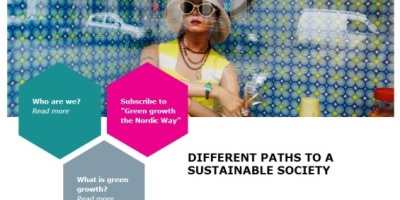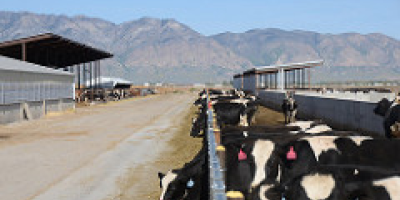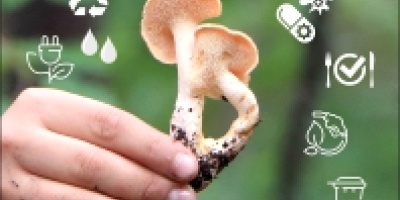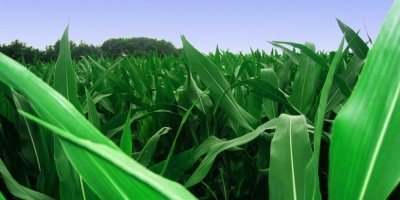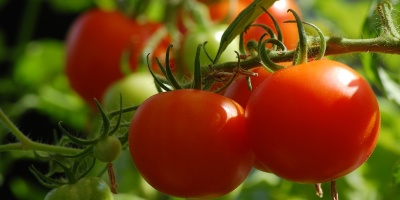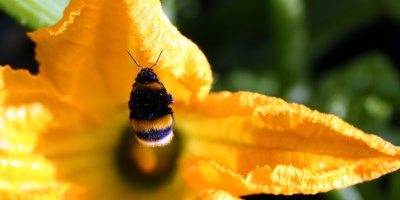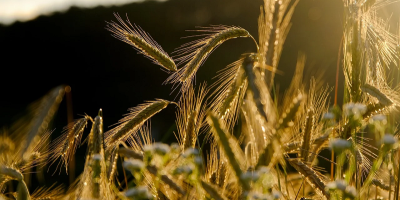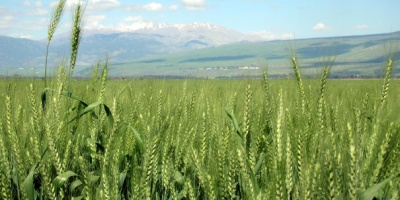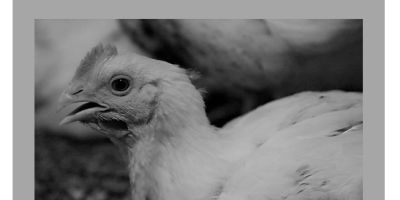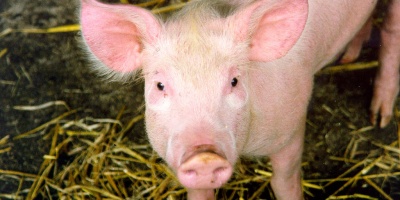According to the 1992 Convention on Biological Diversity, biotechnology is: “Any technological application that uses biological systems, living organisms, or derivatives thereof, to make or modify products or processes for specific use.” Modern biotechnology generally means modification of living organisms (plants, animals and fish) through the manipulation of genes, thus the name ‘genetically modified organisms’ (GMOs). GMO in agriculture is still a highly contested issue. Promoters argue that it can help solve food insecurity and help mitigate climate change (e.g. by creating variations that have greater nitrogen use efficiency or increased potential for soil carbon storage). Others warn of the potentially high environmental and human risks involved, with possibly unforeseen effects on farming systems and ecosystems. They may also argue that current GMO research and development leads to crops that benefit wealthier farmers or wealthier consumers and is being undertaken by large companies who stand to profit greatly from these innovations. To date most genetic modification of foods have primarily focused on cash crops such as soybean, corn, canola, and cottonseed oil.

